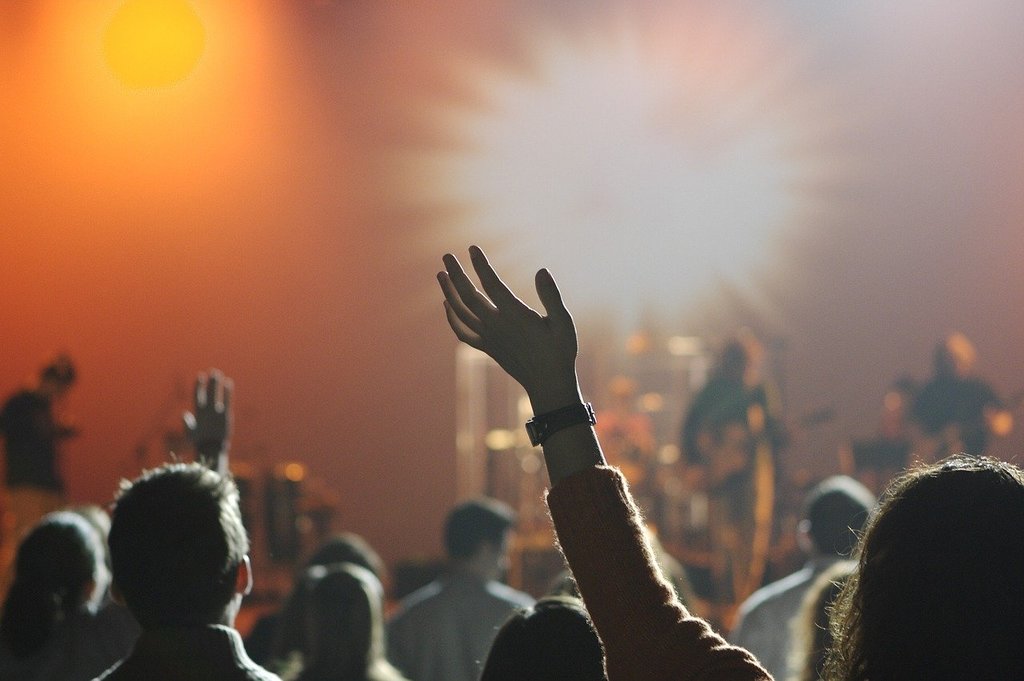Festivals around the world are a vibrant tapestry of customs, beliefs, and history. From the colorful parades of Rio Carnival to the reflective rituals of Diwali, these celebrations offer a unique insight into the cultures that create them. They are a way for people to come together, honor their heritage, and share moments of joy and reflection. Understanding these global traditions provides a window into the values and priorities of different societies.
Exploring Global Festival Traditions
Each festival carries its own set of traditions and customs that have been passed down through generations. These celebrations are not just events; they are a reflection of the rich history and cultural identity of the communities that host them. Many festivals are built around religious beliefs, historical events, or changes in the seasons, which are deeply ingrained in the cultural fabric of the region.
In many cases, festivals have also become a platform for cultural exchange, attracting visitors from all over the world. This interaction fosters a better understanding among different cultures and promotes peace and harmony. Experiencing these festivals firsthand can be a transformative experience, offering a deeper appreciation for the diversity of human expression.
Notable Festivals Around the World
To appreciate the vast array of global festival traditions, one can look at some of the most notable celebrations. Each of these festivals has its own unique charm and significance, often marked by specific rituals, costumes, and foods that are integral to the celebration. Here are some examples :
- Rio Carnival (Brazil): known for its vibrant parades, samba music, and elaborate costumes, Rio Carnival is a celebration of life and culture.
- Diwali (India): this festival of lights signifies the victory of light over darkness and is celebrated with fireworks, sweets, and family gatherings.
- Oktoberfest (Germany): originating in Munich, this beer festival celebrates Bavarian culture with traditional music, food, and beverages.
- Chinese New Year (China): marked by dragon dances, lantern festivals, and family reunions, it celebrates the beginning of the lunar new year.
- La Tomatina (Spain): a unique festival where participants throw tomatoes at each other, symbolizing the celebration of abundance and joy.
These festivals are just a small glimpse into the diverse celebrations held across the globe. Each festival, whether grand or intimate, offers an opportunity to experience the values and traditions of a culture.

The Role of Festivals in Cultural Identity
Festivals play a significant role in shaping and preserving cultural identity. They serve as a reminder of the shared history and collective experiences of a community. Through rituals, music, dance, and storytelling, people connect with their ancestors and pass down traditions to future generations.
In addition to preserving cultural heritage, festivals also adapt to changing times. They incorporate modern elements that resonate with younger generations while maintaining their traditional roots. This dynamic nature ensures that festivals remain relevant and engaging for all participants.
Participating in these events can instill a sense of belonging and pride in one’s cultural heritage, while also fostering a spirit of inclusivity and acceptance.
Embracing Diversity Through Festivals
As the world becomes more interconnected, festivals offer a unique opportunity to embrace diversity and celebrate multiculturalism. They provide a platform for people from different backgrounds to come together and share their customs and traditions.
Attending a festival in another country can be an eye-opening experience, offering a chance to learn about different ways of life and broadening one’s perspective. These experiences can lead to increased empathy and understanding, breaking down barriers and building bridges between cultures.
In a world where cultural differences can sometimes lead to misunderstandings, festivals stand as a testament to the power of unity and the celebration of diversity.
